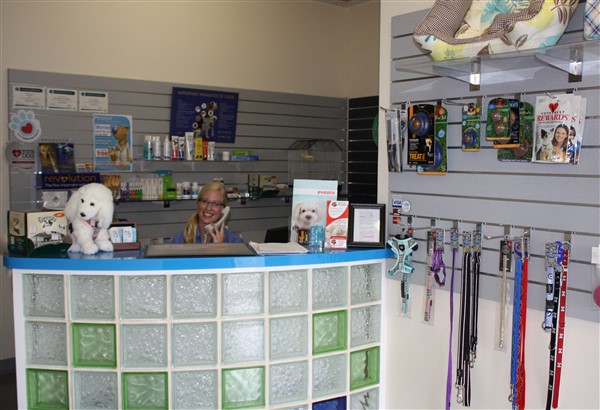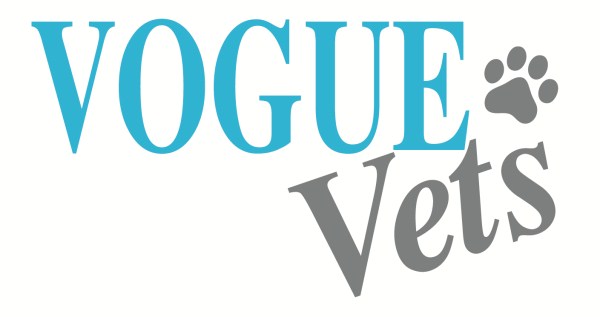WORRIED ABOUT THE COVID-19 PANDEMIC AND HOW IT MIGHT AFFECT YOU AND YOUR PETS?
All the answers to your questions can be found here:
Emergency Plans for Your Pets
Emergencies often happen without warning. For this reason, it is a good idea to have an emergency plan set aside for your pets as well as your other family members so that you're not caught off guard. So, what sort of items should you consider having in your disaster kit?
Basic Supplies
-
Food, water and treats (including dishes) for two weeks (dogs up to 60kg: 4 litres of water per day; cats: 1 litre/day)
-
Medications (with dose and frequency) and medical records (include vet contact info), plus pet photos with names and written descriptions of your pets (in a Ziploc bag)
-
Dogs: waste bags; cats: small cat litter box, litter, scoop, garbage bags; exotics: bedding, extra water bottle, hiding box, extra hay
-
Dog leads, harness, muzzle; consider having a cat harness and lead
-
Sturdy pet carriers for each pet (consider exercise pen for dogs)
-
Toys to help entertain and lower stress (dogs: Kong, ball, treat ball; cats: feather wand, catnip toys)
-
Towels/blankets
-
Other supplies: can opener, spoon/scoop, pet first-aid kit, disinfectant for pet mess clean up, paper towels, rope, duct tape, Sharpie marker, cable ties
*PET FIRST-AID KITS ARE AVAILABLE TO PURCHASE IN CLINIC - CALL US TODAY TO PURCHASE (while stocks last) 6323 2916 (Stirling) or 9444 6800 (Joondanna)
More Helpful Tips
-
Record your pet's microchip/tatto and license numbers. Store this information with their medical records.
-
Label all containers with pet names and your contact information - things can go missing in an emergency
-
List the number and type of pets that should be present on the property
-
As many items as possible should be packed in ready-to-go bins or backpacks. Mark storage bins with pet names and your contact information in case items are separated at an evacuation centre.
-
You should have an emergency plan for all animals and move challenging animals such as farm animals, birds, aquarium fish or exotic animals as soon as possible.
-
If you have animals who cannot be moved in an immediate evacuation, such as aquarium fish or farm animals, create a sign describing the animals left on the property with your name and contact information. Prepare this now and keep tape with it so it is ready to affix to your door to alert rescue officials.
-
While in storage, rotate pet food and water every three months, replace medications as advised by your vet.
FOR AFTER HOURS' EMERGENCIES, CALL PERTH VET EMERGENCY 1300 040 400

